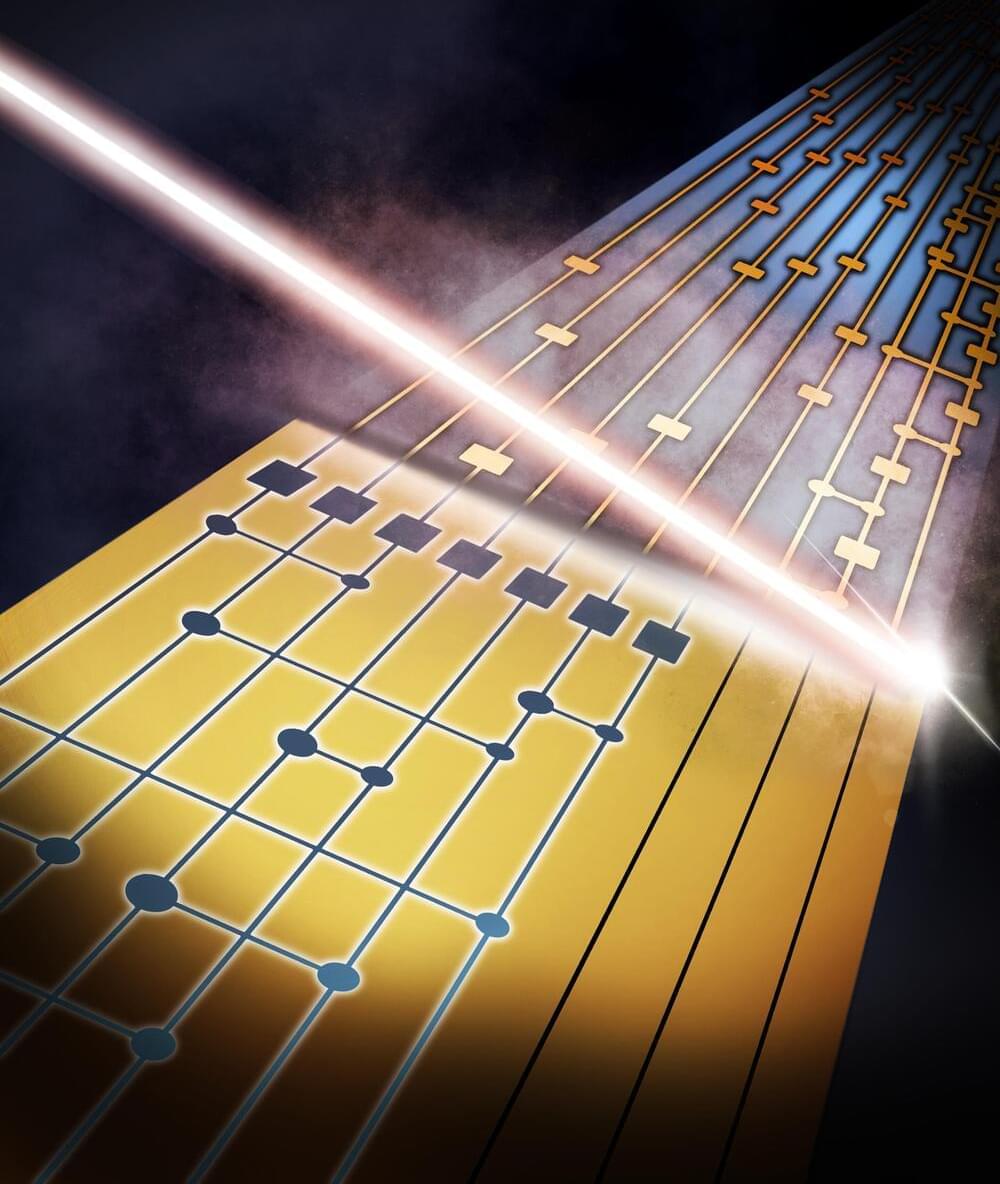Computers also make mistakes. These are usually suppressed by technical measures or detected and corrected during the calculation. In quantum computers, this involves some effort, as no copy can be made of an unknown quantum state. This means that the state cannot be saved multiple times during the calculation and an error cannot be detected by comparing these copies.
Inspired by classical computer science, quantum physics has developed a different method in which the quantum information is distributed across several entangled quantum bits and stored redundantly in this way. How this is done is defined in so-called correction codes.
In 2022, a team led by Thomas Monz from the Department of Experimental Physics at the University of Innsbruck and Markus Müller from the Department of Quantum Information at RWTH Aachen and the Peter Grünberg Institute at Forschungszentrum Jülich in Germany implemented a universal set of operations on fault-tolerant quantum bits, demonstrating how an algorithm can be programmed on a quantum computer so that errors can be corrected efficiently.
